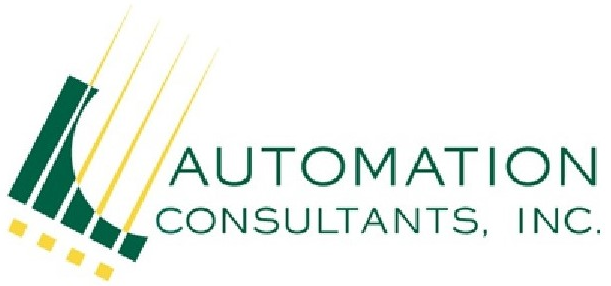Horizon Quantum Computing
image: MoU signing between NUS, represented by Alexander Ling, an Associate Professor in NUS and Director of Singapore’s Quantum Engineering Programme, and Horizon Quantum Computing, represented by its CEO, Joe Fitzsimons view more
Credit: Horizon Quantum Computing
The first start-up to host a node on this quantum-safe network, Horizon Quantum Computing has deep expertise in quantum internet applications. Its CEO, Dr Joe Fitzsimons, invented the first universal blind quantum computing protocol with Dr Anne Broadbent and Dr Elham Kashefi, back in 2008, allowing secure delegation of quantum computation in a cloud. The protocol has since emerged as an important use case of a future quantum internet because the first applications of quantum computing for businesses will likely rely on remote hardware hosted by the manufacturer. Fitzsimons’s work on blind quantum computing is cited in quantum internet proposals worldwide, including America’s Blueprint for the Quantum Internet.
The signing of a Memorandum of Understanding (MoU) between NUS and Horizon Quantum Computing will contribute to close collaboration between academia and industry for the quantum-safe communications network. The new National Quantum-Safe Network will deploy commercial quantum-safe technologies for trials with government agencies and private companies, conduct in-depth evaluation of security systems, and develop guidelines to support companies in adopting such technologies. Initial plans for the deployment are for 10 network nodes to be installed across Singapore. The nodes will be connected to provide a public network that can act as a living lab for organisations wanting to experience quantum-safe communication technologies, and separable government and private networks trialling dedicated users’ applications.
Horizon Quantum Computing will support proofs of concept and testbed activities for the development, exploration and translation efforts of this network. Moreover, the collaboration extends beyond quantum-safe communication and encompasses research collaboration opportunities in more general quantum communications and quantum internet applications.
“As a company focused on enabling users to create and deploy quantum applications, ensuring this can be done without compromising the privacy or integrity of those applications is a key concern for Horizon,” says Joe Fitzsimons. “Data having to cross international borders or to be stored and processed on off-premises equipment in unencrypted form can limit commercial use cases of quantum computation. We see our collaboration with NUS and our participation in quantum communications experiments in Singapore as an important step towards developing the secure computing capabilities that will ultimately be necessary to fully unlock the potential of cloud-based quantum computing.”
“Start-ups are a powerful force to deliver innovation to the world. We are glad to count Horizon Quantum Computing among our collaborators in the National Quantum-Safe Network, working towards the goal of delivering advanced cybersecurity for critical infrastructure and companies handling sensitive data,” said Alexander Ling, who is an Associate Professor in NUS and Director of Singapore’s Quantum Engineering Programme, from which the network initiative will receive $8.5 million over three years.
About Horizon Quantum Computing
Horizon Quantum Computing is developing a new generation of programming tools to simplify and expedite the process of developing software for quantum computers. By removing the need for prior quantum computing experience, Horizon’s tools will democratise the development of quantum-enhanced applications, making the power of quantum computing accessible to every software developer.
The company was founded in 2018 by Dr Joe Fitzsimons, an expert in the space of quantum computing applications. Dr Fitzsimons has over 16 years of experience in quantum computing and computational complexity theory and holds a doctorate from the University of Oxford on quantum computing architectures. The leadership team also includes Dr Si-Hui Tan, Chief Science Officer, who holds a PhD in Physics from MIT and has been actively involved in quantum research for 16 years.
Disclaimer: AAAS and EurekAlert! are not responsible for the accuracy of news releases posted to EurekAlert! by contributing institutions or for the use of any information through the EurekAlert system.


